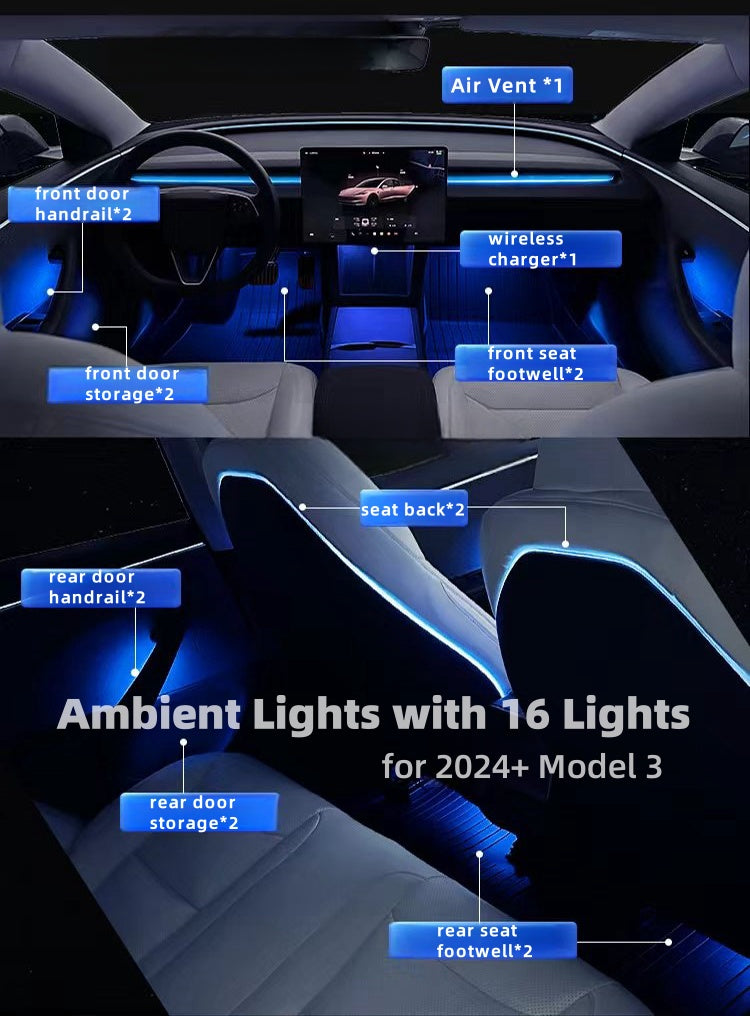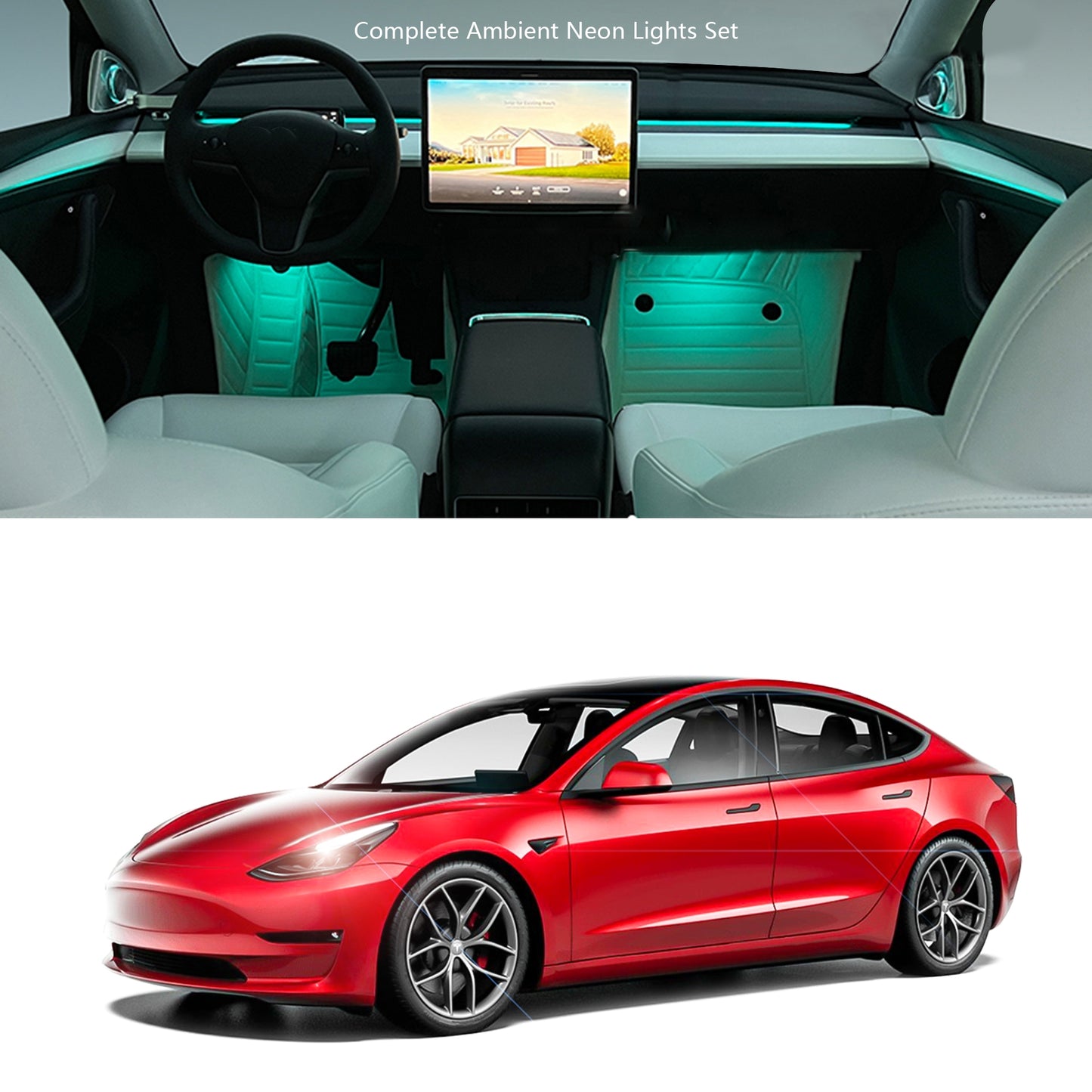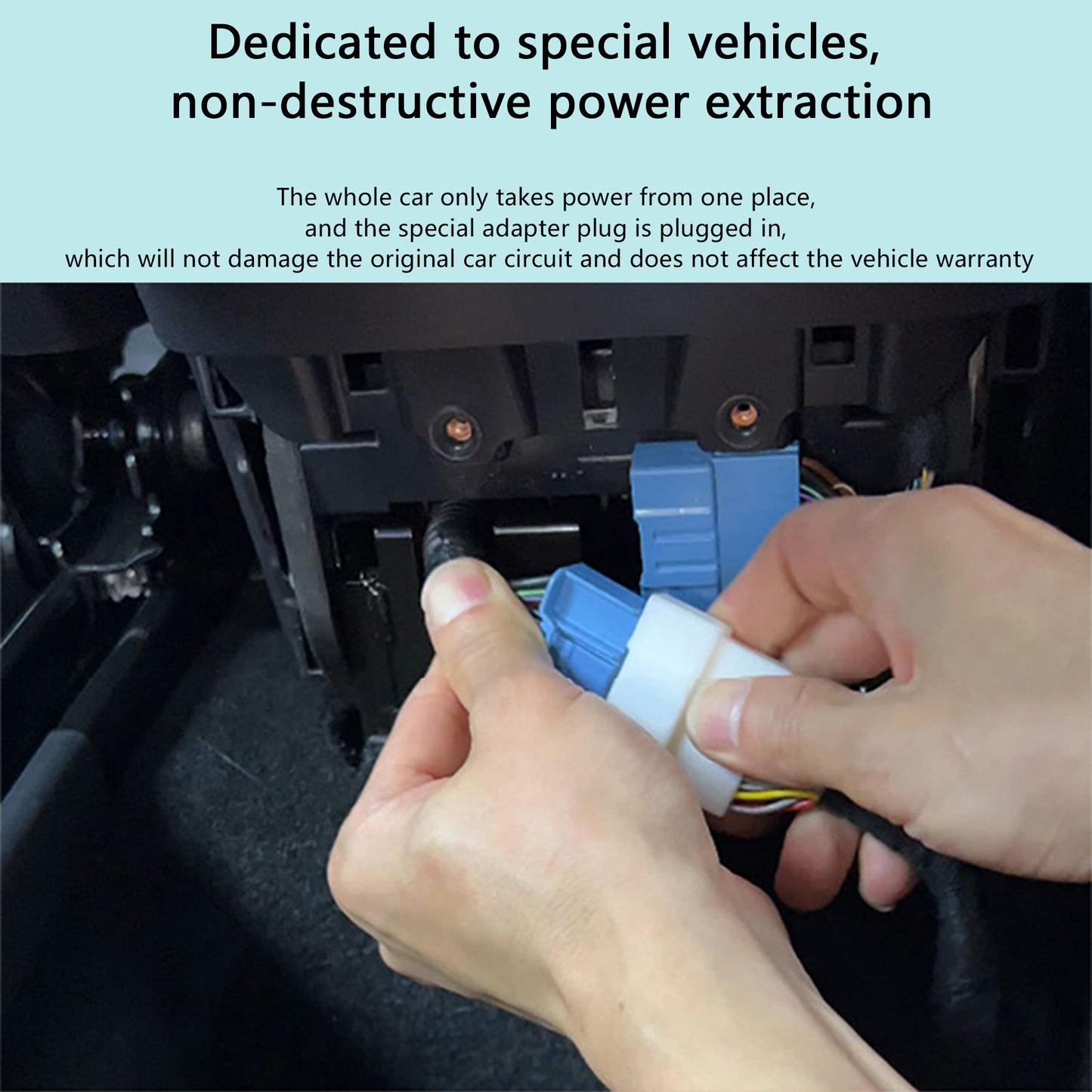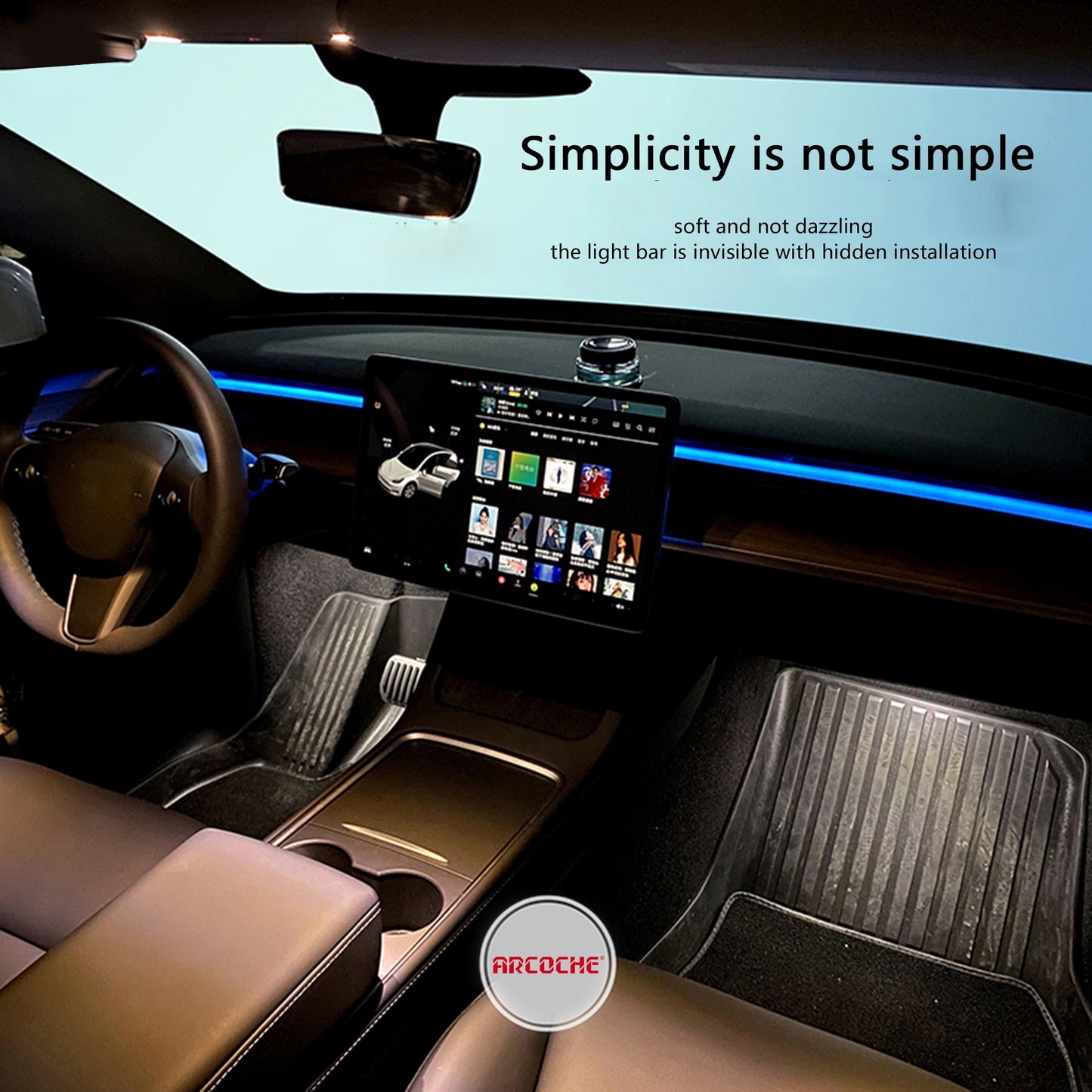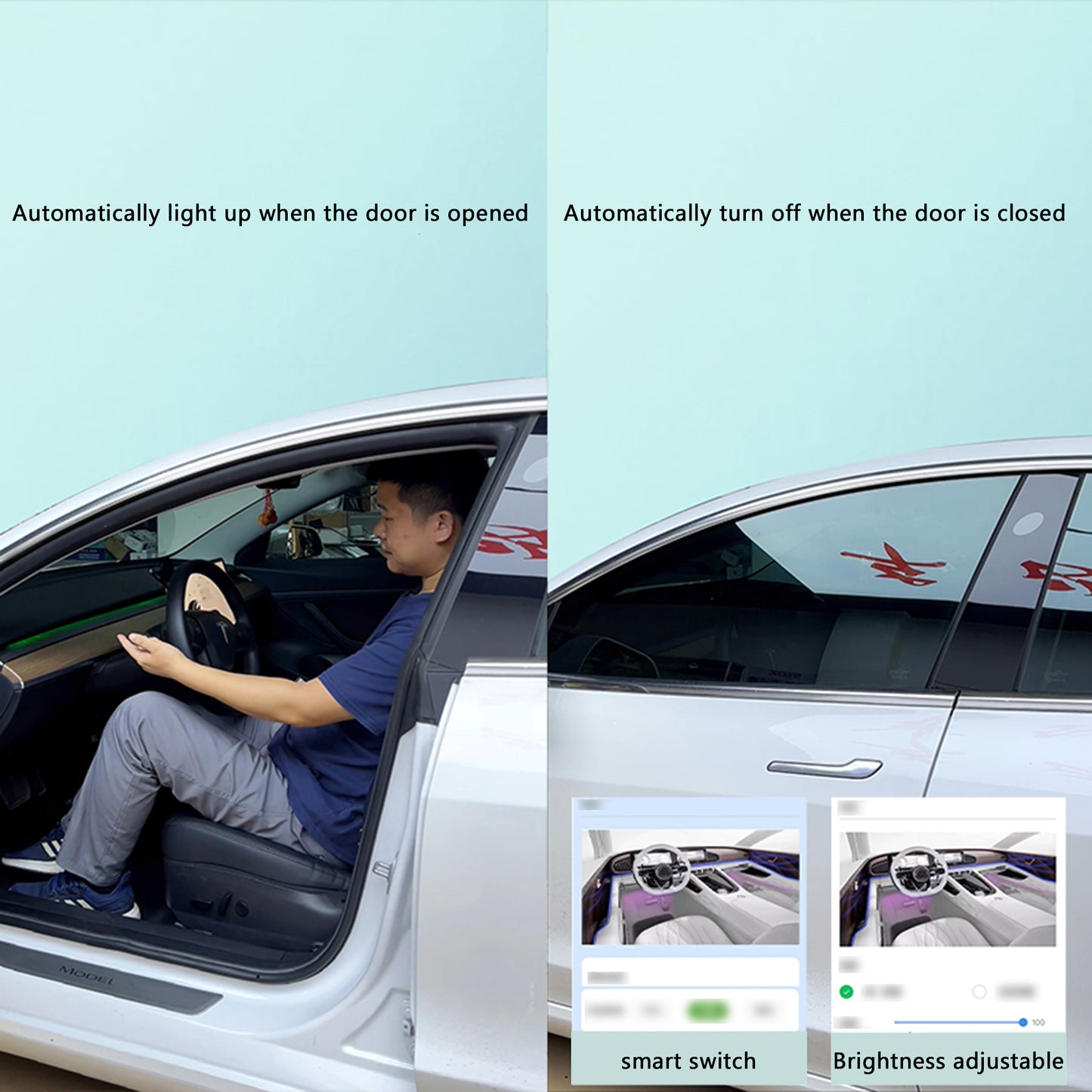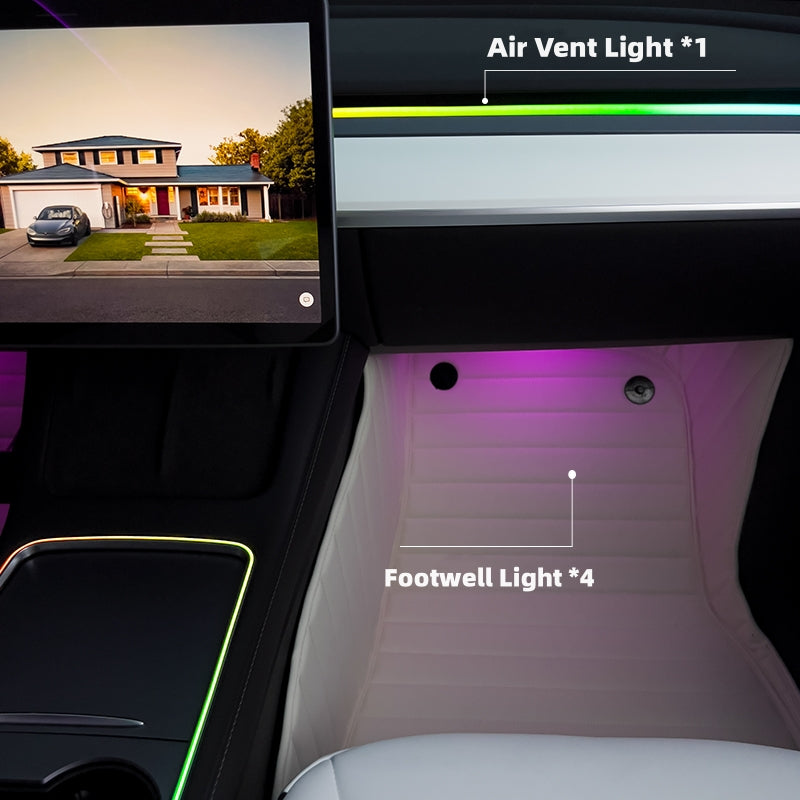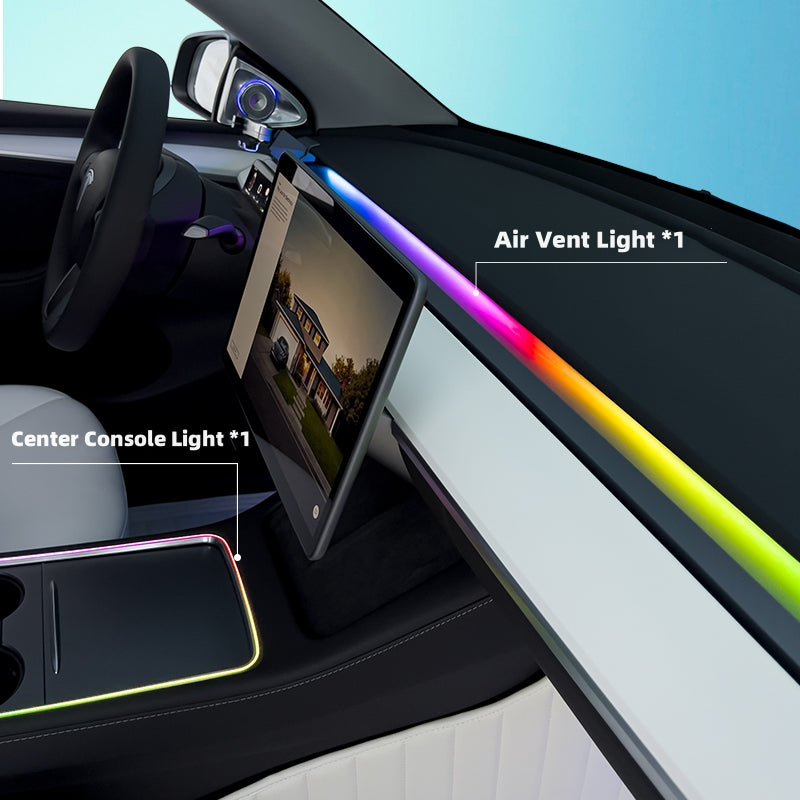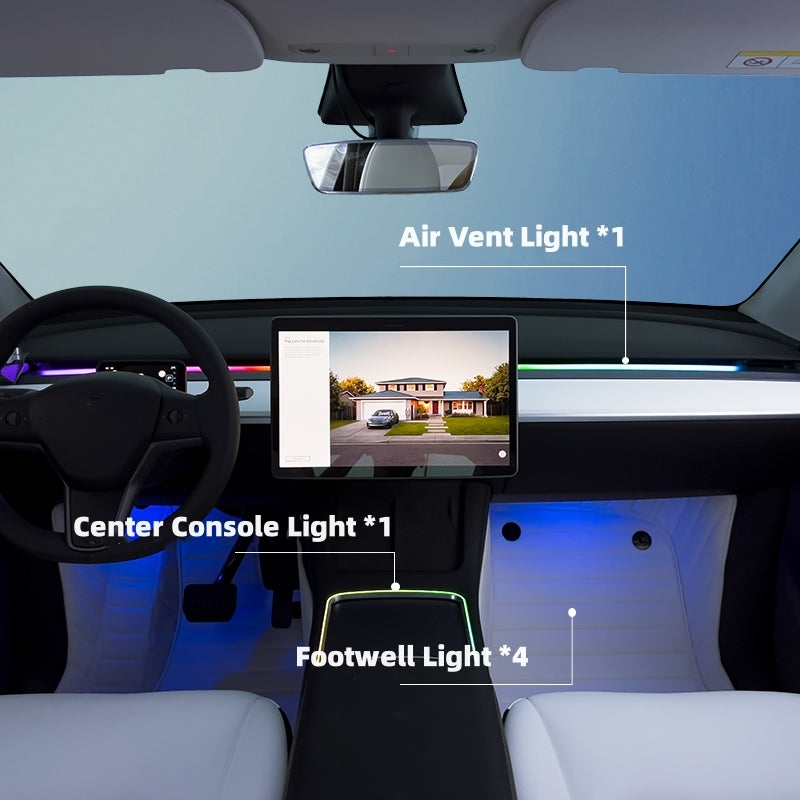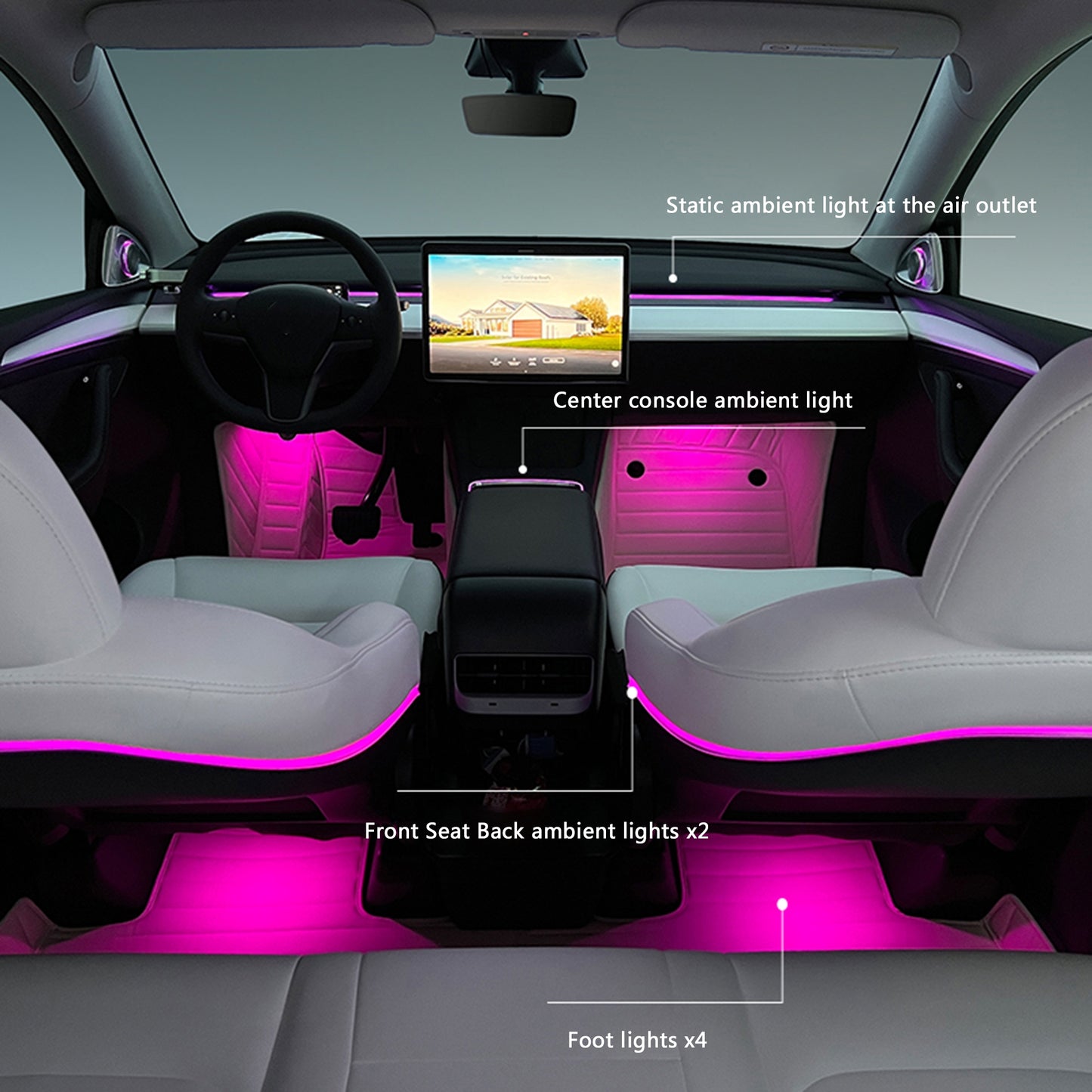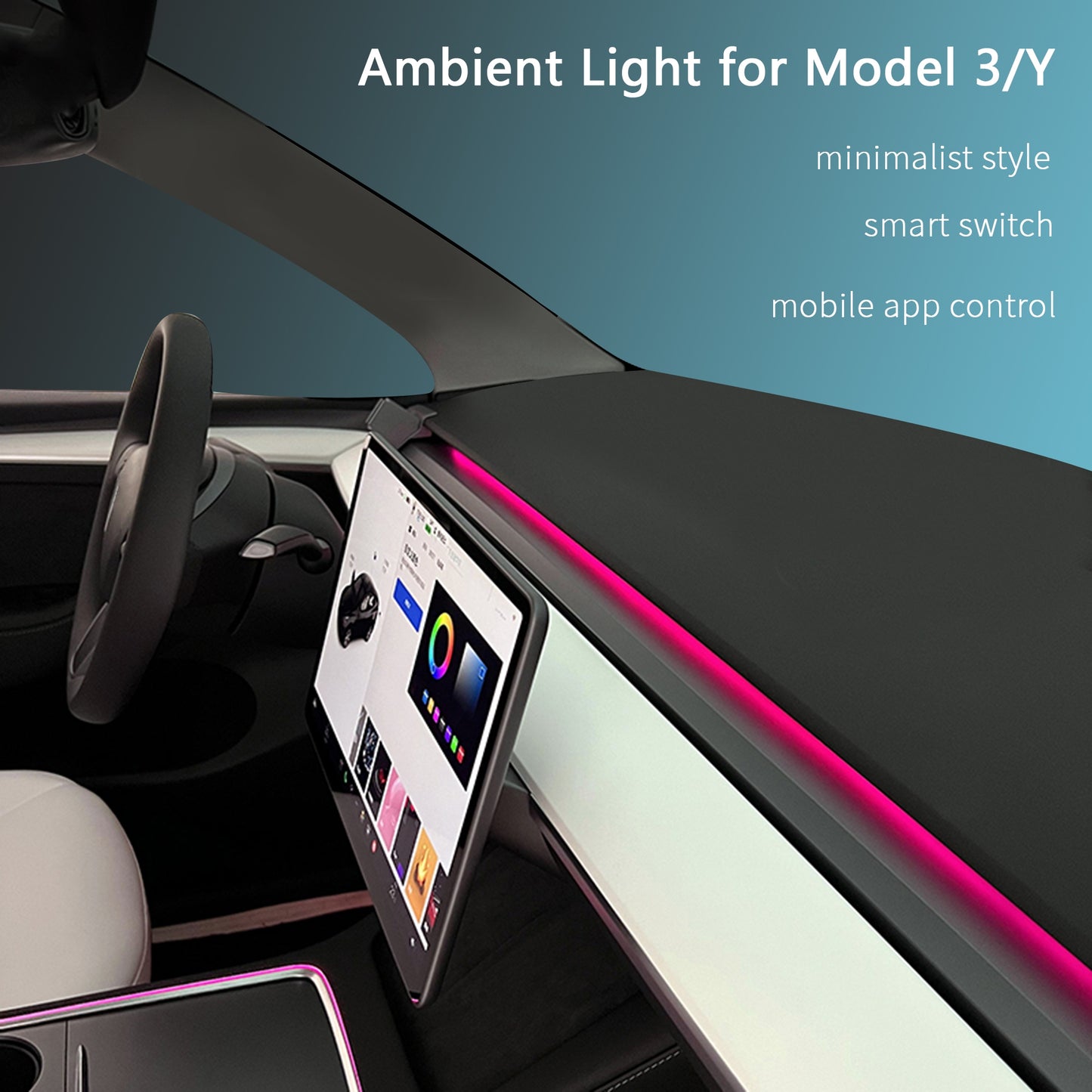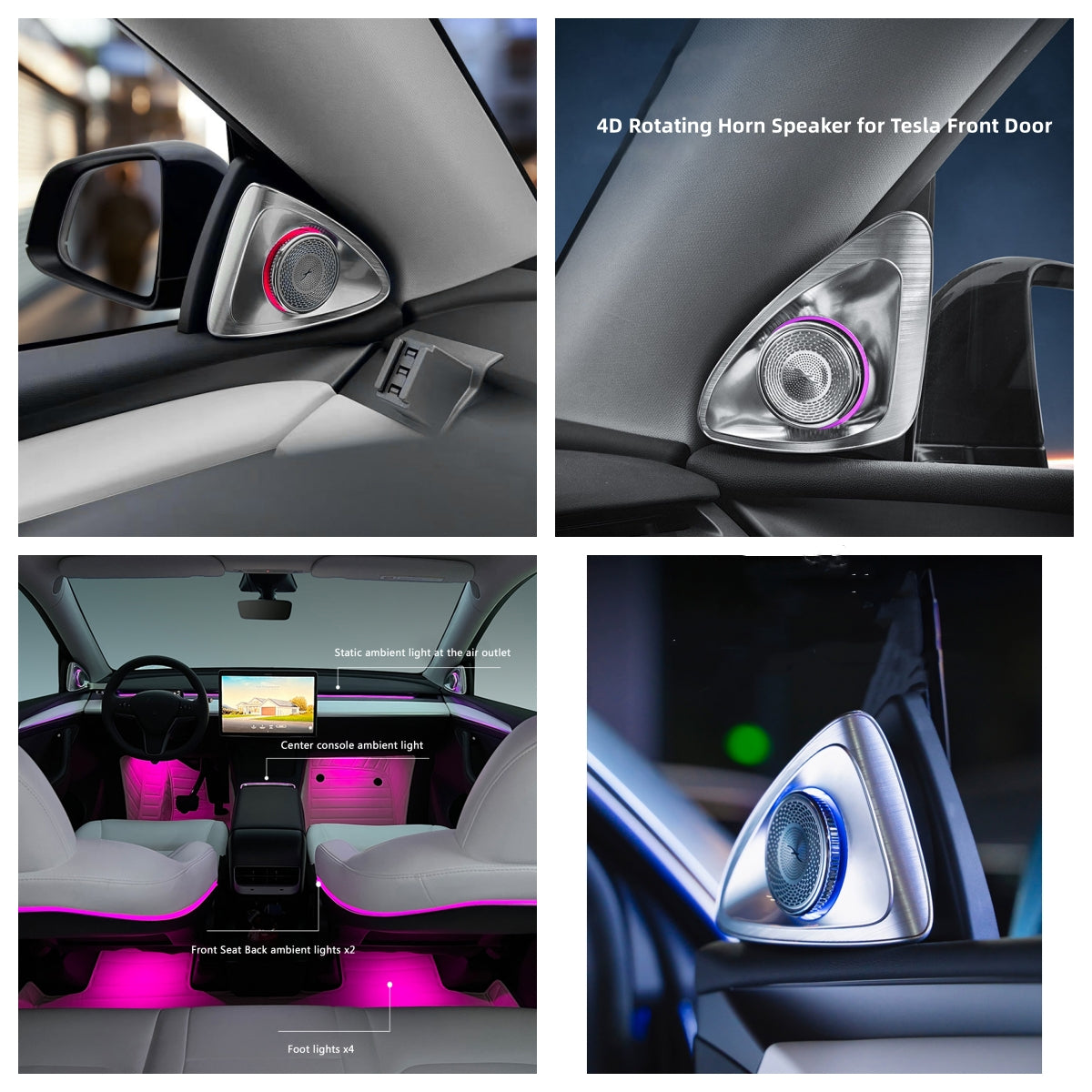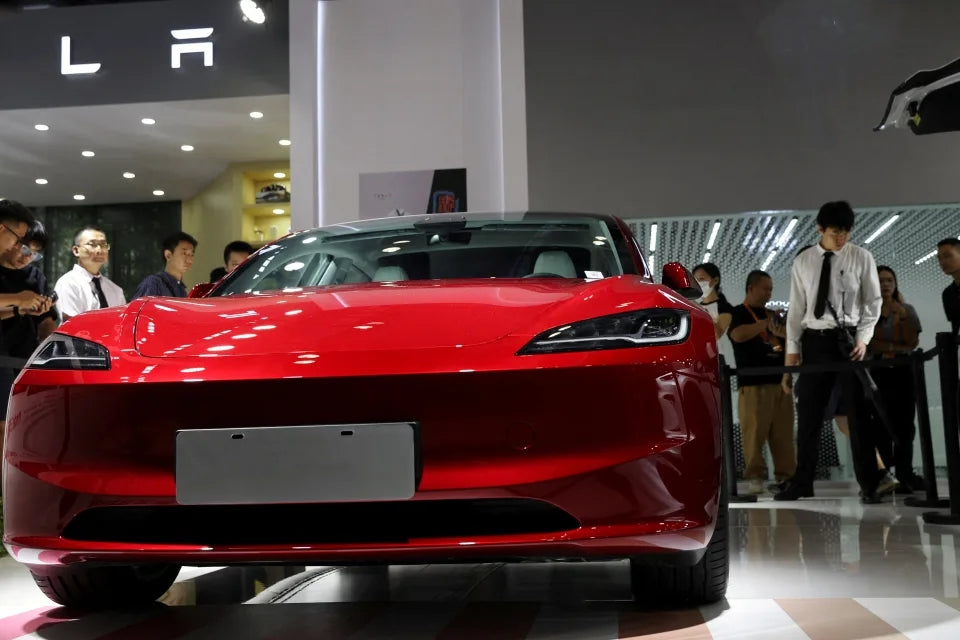
Tesla is offering discounts to European fleet purchasers as part of a damage-control effort
LONDON (Reuters) — Tesla is striving to placate several European leasing companies following repeated retail price cuts that have depreciated their fleets' value and slow service and costly repairs that have frustrated their corporate clients.
According to Reuters' interviews with nine executives from leading leasing and rental car firms, as well as about a dozen corporate fleet managers, Tesla's efforts include offering unofficial discounts on in-stock new car purchases and addressing widespread complaints about service, repairs, and ordering. This comes after years in which fleet managers and leasing firms say Tesla has neglected these issues.
Tesla's reductions in retail prices were intended to boost sales in the face of declining global demand for electric vehicles and increased competition, particularly from Chinese EV manufacturers like BYD. However, this strategy adversely affected the profitability of its largest customers in Europe, where fleet purchases account for nearly half of all car sales.

Tesla's new Model 3 sedan showcased at a trade fair in Beijing in September. REUTERS/Florence Lo (Reuters)
Leasing companies purchase new cars and set up lease agreements based on their estimates of the vehicles' resale values at the end of the lease term. When prices drop suddenly, these projected residual values decrease, leading to financial losses for the leasing firms.
"There’s nothing worse than the continuous depreciation of a fleet buyer’s assets," stated Richard Knubben, the director general of Leaseurope, a Brussels-based industry group representing leasing and rental organizations across 31 countries.
"Tesla is now approaching our members with offers of discounts and compensation," Knubben mentioned. "However, the residual values of Tesla vehicles have fallen so rapidly that it's uncertain whether the discounts they're providing are sufficient."

Leasing companies purchase new cars and set up lease agreements based on their estimates of the vehicles' resale values at the end of the lease term. When prices drop suddenly, these projected residual values decrease, leading to financial losses for the leasing firms.
"There’s nothing worse than the continuous depreciation of a fleet buyer’s assets," stated Richard Knubben, the director general of Leaseurope, a Brussels-based industry group representing leasing and rental organizations across 31 countries.
"Tesla is now approaching our members with offers of discounts and compensation," Knubben mentioned. "However, the residual values of Tesla vehicles have fallen so rapidly that it's uncertain whether the discounts they're providing are sufficient."
Tim Albertsen, CEO of Ayvens — Europe’s largest auto-leasing company with a fleet of 3.4 million vehicles, approximately 10% of which are electric — mentioned that while Tesla’s service has improved, the dropping resale values have been detrimental. "Tesla has acknowledged this and is providing solutions to assist us," he said.
Albertsen did not provide further details on how Tesla is addressing Ayvens’ EV-related losses.
Arval, BNP Paribas' car-leasing division, is currently in discussions with three Chinese automakers regarding the purchase of EVs after experiencing losses due to declining Tesla values. When Tesla began reducing prices last year, Arval warned the automaker: “You are really shooting yourself in the foot,” according to Arval Deputy CEO Bart Beckers.
Beckers stated that Arval leases around 170,000 EVs within its fleet of 1.7 million vehicles. He noted that while Tesla is making efforts to improve repair and service issues, Chinese EV manufacturers, Tesla’s "new challengers," seem to be avoiding Tesla's mistakes by prioritizing strong resale values for their cars.
The automaker is dealing with a similar issue regarding resale value with rental-car companies. Hertz has been offloading Teslas in the U.S. market, and German competitor Sixt has ceased purchasing them. When questioned about the effect of Tesla’s price reductions, Sixt stated that lower residual values on EVs from Tesla and other brands decreased its 2023 earnings by 40 million euros ($42.7 million).
Critical customers
Fleet customers hold significant importance in any automotive market, particularly in Europe, where companies often lease a substantial number of vehicles for their employees, partly due to tax incentives. According to market research firm Dataforce, leasing and rental car company purchases accounted for 44% of Tesla's sales last year in the UK and 15 EU countries.
In the first quarter, Tesla's fleet sales in these countries decreased by 2.3%, while the overall market saw a 3.5% increase. Despite the decline in fleet sales, the proportion of Tesla's business from leasing and rental car companies in these markets grew to 49%.
Globally, Tesla is experiencing a decline in sales and profits after a prolonged period of rapid growth. The automaker reported an 8.5% drop in global deliveries in the first quarter, marking its first decline in four years.

According to Dataforce, fleet sales in those 16 European countries have declined after experiencing a 57% growth in 2023 compared to the previous year. Tesla reported the same percentage growth for its total sales across Europe, based on data from the European Automobile Manufacturers Association.
Until recently, Tesla benefited from a first-mover advantage, providing European corporate customers with limited alternatives for EVs to meet internal climate objectives or comply with EU emissions regulations.
This landscape is rapidly evolving. Chinese automakers, such as BYD, are introducing more affordable electric models to Europe and actively targeting Tesla's corporate clientele, as noted by fleet managers and leasing firm executives. Additionally, legacy automakers like Volkswagen and BMW are manufacturing increasingly competitive EVs.
‘Pent-up frustration’
According to interviews conducted by Reuters with approximately twelve corporate fleet managers in Europe, Tesla's slow and costly service is a significant issue for leasing companies and their clients. Many of these managers preferred to remain anonymous as they are actively working to address issues with Tesla.
They report that Tesla's repairs take too long and are much more expensive compared to other vehicles, partly due to the high cost of parts.
However, there are still satisfied fleet customers of Tesla. Octopus Electric Vehicles, the car-leasing division of UK energy company Octopus Energy, has approximately 5,000 Teslas out of a fleet of about 15,000 electric vehicles. CEO Fiona Howarth stated that Tesla, being an early adopter of electric vehicles, requires time to refine its service operations, and that traditional automakers are now encountering similar challenges with their own electric vehicles. She also noted that Tesla's resale values were artificially inflated during the coronavirus pandemic and need to decrease.
"We've maintained a highly positive working relationship with Tesla," she said.
Lorna McAtear, the fleet manager at the UK energy firm National Grid, reported having significantly more challenging interactions with Tesla. She has been collecting data on repair expenses and discovered that Tesla's costs are three times higher than the industry standard.
McAtear also highlighted additional issues, such as a complicated ordering process and vehicles being delivered with defects. For example, she noted that Tesla delivered several EVs with warped windshields and refused to repair them under warranty.

Tesla issued a recall for over 1.6 million cars in China to correct an autopilot defect. (LONG WEI / Feature China/Future Publishing via Getty Images) (Future Publishing via Getty Images)
National Grid has over 500 Teslas in its fleet of 2,000 company cars. McAtear mentioned she plans to propose that her company remove Tesla from its fleet unless the issues are resolved. Meanwhile, Tesla’s primary Chinese competitor, BYD, has begun delivering cars to National Grid.
McAtear stated she pushed for an in-person meeting with Tesla representatives in mid-April. During this meeting, the automaker promised service improvements and a fix for the ordering system, along with additional meetings and a “roadmap” to address the outstanding issues, leaving McAtear feeling like "we finally have customer service."
The automaker has been unresponsive in the past, she noted: "There have been years of pent-up frustration because fleets haven't been able to communicate with Tesla."




